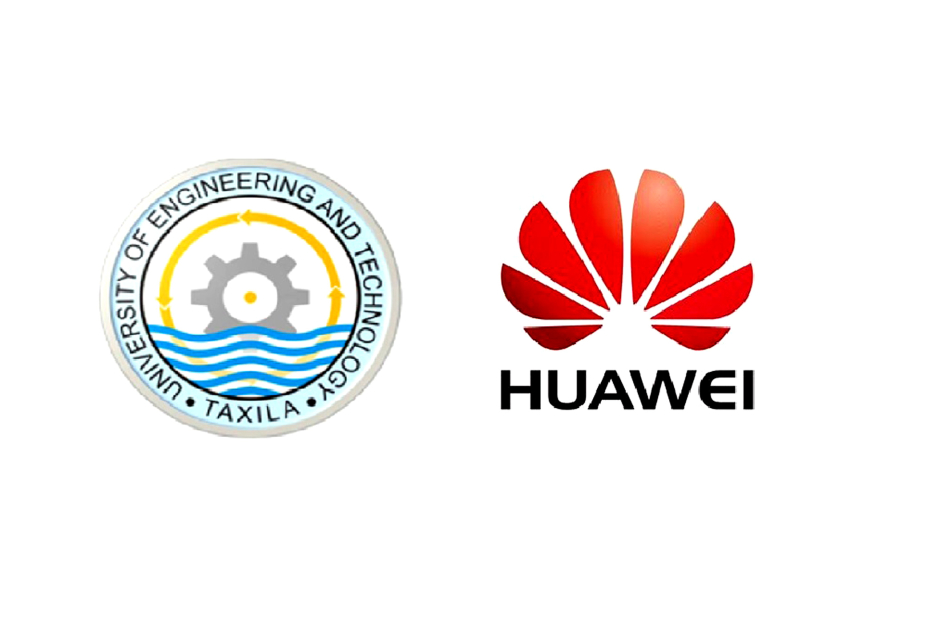The disruption caused by the pandemic was the ultimate test case for Pakistan’s digital ambitions. As the country went into lockdown last year, Pakistanis turned to smartphones, tablets and laptops to work, play, study and stay connected.
For all intents and purposes, the country’s digital ecosystem passed with flying colours, underlining Pakistan Vision 2025 and the Digital policy of Pakistan, which envisions a $20 billion ICT industry by 2025.
But the digital trends to emerge from the pandemic warrant a reassessment of the ICT talent development pipeline. Like elsewhere in the world, universities in Pakistan must evolve their teaching and operational models to cope with the demands of an increasingly digital world.
How can our universities rise to this challenge? The first step is acknowledging that classroom education alone is not enough to equip students with an all-rounded skill set that modern organizations require. Students need hands-on experience and deep practical experience to go with theoretical classroom teaching. Such an outcome requires universities to work with the broader ICT ecosystem to leverage the technical strengths that only tech companies can bring.
Among Pakistan Universities, the University of Engineering and Technology (UET), Taxila, was among the first ones to realize the power of partnerships to benefit our students and the broader economy. One of the university’s strongest collaborations is with Huawei, whose partnership covers not only upgrading its computer training curriculum but also building a campus of the future.
UET Taxila hosts Huawei ICT Academy, a school-enterprise cooperation project created to help forge a deeper talent ecosystem. By strengthening the cooperation mechanism between universities and enterprises, Huawei helps universities cultivate ICT talent that meets industry requirements, providing high-quality talent for industry development. Today, Huawei ICT Training modules are part of the Computer and Telecom Curriculum at UET Taxila.
An advanced education curriculum should have a delivery environment to match. That is why UET Taxila has prioritized the building of a smart campus. The university’s leadership again turned to Huawei to roll out an extensive Smart and Safe Campus Project based on Huawei ICT infrastructure. Thus, the Huawei Smart Classrooms at UET Taxila and partner institution Fatima Jinnah Women University has facilitated live video conference and online lecture broadcast and recording.
With this digital foundation in place, we are keen to support Pakistan’s vision of building a knowledge-based economy. Putting in place an advanced ICT infrastructure is fundamental to this effort. The government has already implemented the policy framework to roll out 5G in preparation for its eventual launch by April 2023. Countries in our region where 5G has been deployed have already seen significant benefits. In Kuwait, one of the Middle East countries with the earliest and fastest 5G development, carriers have achieved 4% growth in revenue and 13% growth in profitability since rolling out 5G. Beyond connectivity, 5G will support the rise of vertical industries and support Pakistan Vision 2025. Currently, 5G use cases have been deployed in industries such as Digital Oil & Gas and Smart Port with highly encouraging results, and we expect to see 5G enabling more industries in the future.
But to successfully roll out 5G requires skills to match. Again, industry partnerships with technology providers will be crucial to training our youth on 5G. Huawei is ramping up 5G training in collaboration with universities where the technology is available, offering 5G training certificates and partnering on building innovative real-world projects in 5G. Additionally, Huawei’s annual skills development initiatives, such as Seeds for the future, now offer students valuable opportunities to immerse themselves in cutting-edge ICT technologies such as 5G to gather experience through hands-on practice. Consequently, UET Taxila aims to embark on 5G test deployment and research in collaboration with Huawei as the technology is rolled out.
Rapid deployment of advanced technologies, however, comes with risks. This is not specific to Pakistan, but the world faces formidable cybersecurity threats due to the expanded threat landscape brought on by rapid digital transformation. Collaboration is vital in tackling cybercrime. A safer network is a shared obligation, and we are happy to see global technology firms such as Huawei working with educational institutions to train students on cybersecurity mitigation efforts
The Pakistan government shares our vision of collaborating far and wide for shared success. In a recent speech, the President of the Islamic Republic of Pakistan, Dr Arif Alvi, commended Huawei Academy’s partnership with about 80 different universities in Pakistan to nurture young talent. He noted the large number of students undergoing ICT training, praising global companies’ efforts to create an ecosystem for harnessing talent.











